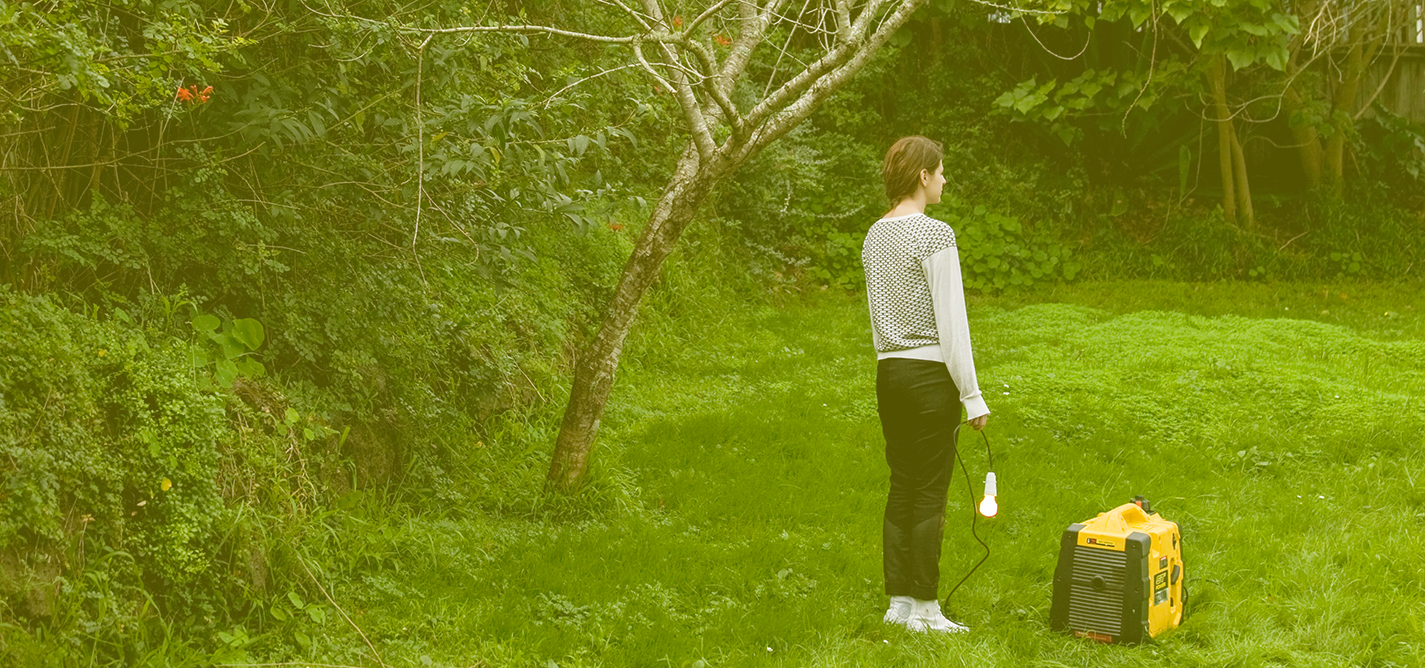
Big Election Issues: Environment
How to clean up Kosovo’s air

Kosovo 2.0
Kosovo 2.0 is a pioneering independent media organization that engages society in insightful discussion. Through our print and online magazines, debates and advocacy initiatives, we are dedicated to deepening the understanding of current affairs in Kosovo, the region and beyond.
This story was originally written in English.